|
It is thought by many, and our society since the feminist movement believes, that when women have children their lives will consequentially have no meaning, or that they are wasting their lives since they can't pursue a career which our culture has falsely prioritized over having a family. When my first son was born I fell into a deep depression. Sleepless nights, difficulty nursing, endless monotonous days drove me to tears and deep sadness. I could not beat it. Every day I sat doing laundry, changing diapers, trying to get this new baby to eat, trying to keep up with the house, making meals (which I hate doing anyway)... Barely going outside the four walls of my home. I felt trapped. It just was too much for me. I felt like my life was wasted. And I spent so much of my time in tears. I've often compared that season of my life to the movie Groundhog Day where every day is the same, the same, the same. I could not see the end of such an anonymous and thankless existence. I felt like no one cared about me and that I didn't matter. I believed that my days being a mother were a waste and not a thing to make a difference in the world. When my little guy was about five months old I knew I didn't want to go through this pregnancy and newborn thing again and so I determined that he would be an only child. The next day I found out I was pregnant with my second son, and I sobbed. Right about that time a good friend of mine invited me to a weekend conference for moms. I went. And it was a life-changer! This woman gave me permission to “just” be a mom, to find incredible worth and value in it, to find great purpose and calling in the raising up of a small piece of the next generation. Suddenly I walked in intention and duty and passion. It was wholly liberating! I am a dancer by trade. I studied many years in dance technique, performance, and history. I mastered my craft. I excelled and worked to be the best I could be. Then, I became a leader amongst my peers in my job as I advanced administratively. I also led and directed a dance company for many years. These things gave me much fulfillment and I loved the potential path of a creative career doing what I loved. Marrying, having children, and moving to a remote location altered these things for me. I could not see the same value or any comparable value in just being a mom with little kids. But I was so wrong. I had little hearts and minds and bodies to nurture, to mold, to train, to build purpose and heroism and goodness into. When I finally embraced the call and gift of motherhood I quickly realized what an important work I had before me...even more important than my “career”. People matter. And the little people in our stewardship matter immensely. This is no small occupation. It is an addition to our identity. I am a Christian, and a woman, and a dancer, and a leader, and a wife, and a mom, and... I imagine as the days and months and years tick by more will be added to who I am. Let's choose to embrace the incredibly important role of “parent.” In what other role are we able to be so incredibly influential to others? And I have found that even in the midst of this important work of parenting I've still been able to also pursue passions beyond my home. Some of these passions are the same as before kids, and some are newly ignited because of my kids. Life is not over when we have children; it's more purposeful, selfless, and character-building – things we ought to be chasing after anyway. “Children are not a distraction from more important work;
1 Comment
What Does our Culture Say About Disability and Abortion? As I was scrolling through Instagram the other day, I noticed a post that struck my attention. It read in bold, stamp-style print, “Disabled Lives Matter.” This rally cry, borrowed from another political movement, struck a deep chord in me. Amidst all the movements for social justice and inequality, so few are speaking up for some of the most ostracized members of society. Disabled lives are among some of the least protected in our nation, and I’ve been deeply troubled to learn that this injustice is taking place before these members of society even leave the womb. In the U.S., about 3% of babies born per year, nearly 120,000, are born with some type of disability or birth defect. However, statistics show that an astonishing amount of babies prenatally diagnosed with a disability or birth defect are aborted. Looking at Down syndrome alone, 67% of babies diagnosed during prenatal screening are aborted in the US each year. In many states, a child with a non-life threatening disability can be aborted up to the point of birth, and there are often little to no legal specifications indicating which abnormalities are grounds for termination. That means a fully-developed, viable baby can be aborted at nine months due to an extra toe. When I discovered this, it made my stomach twist and turn-it was the same feeling I got when I first learned about the Holocaust in 9th grade American History. So I dug deeper. I wanted to know, “Do abortion laws really discriminate against those with special needs?” What I found was unnerving. America isn’t the only country whose reproductive legislation discriminates on the basis of ability. Many abortion laws in Europe are even more extreme. Global studies from the U.S. National Institute of Health found that 63% of babies diagnosed with Spina bifida are aborted, and the rates are even higher for babies with Down syndrome. In fact, in Iceland, the vast majority of babies prenatally diagnosed with Down Syndrome virtually 100 percent are aborted each year, leading Iceland to be dubbed “The country where Down syndrome is disappearing” (CBS News). To make matters worse, the specifications on which defects or disabilities legally justify abortion are becoming increasingly convoluted. In the UK, for example, a public health organization reported the following: “When there is a substantial risk that if the child were born it would suffer from such physical or mental abnormalities as to be seriously handicapped there is no legal limit as to when abortion can take place" [emphasis added]. This means a fully developed, viable baby with Down syndrome could be legally aborted at 40 weeks. This type of legal ambiguity has also led numerous babies to be aborted for minor defects. The Telegraph reports that “54 babies with clubbed feet, 37 with cleft palates or lips, and 26 with extra or webbed fingers or toes were aborted in south-west England between 2002 and 2005.” These cases are shocking to say the least. Perhaps some of you reading have even suffered one of these minor imperfections. Sadly, however, the laws that support these cases reflect the moral climate of our society, where if something’s not perfect, we dispose of it. We treat unborn humans like inanimate items purchased at a store-- to be returned and exchanged for something better.“ Is this the kind of society we want to live in?” Each termination of a child with a disability gives way to the extermination of an entire community of unique people. As Right to Life of Michigan correctly points out , “Newborn children with disabilities are the least protected members of society. Masked under the cloak of compassion, innocent human beings are being killed without their consent because their lives are proclaimed not worth living.” So I ask you to consider, who has the right to deem any person as less worthy of life? I write this article, not to hatefully argue against “the other side” or slander anyone’s beliefs. Rather, my aim is to share with you what is taking place in our world and offer a new perspective-one that I have gained from my time with some extraordinary kids. Kids that would have been considered less worthy of protection in the womb. They have taught me how to see beyond a disability and appreciate every life as uniquely beautiful and worthy of respect. I earnestly hope that by the time you’re done reading this, you will too. My Story Have you ever gotten to know someone with a special need? Has anyone with a disability ever touched your life in a notable way? If your answer to these questions are no, you were like me before I became a paraprofessional in special education. It was then that I got to know some exceptional kids, who have forever changed my perspective on disabilities. During the last two years I’ve spent in the field, I have worked one-on-one with children with ASD(Autism spectrum disorders), Down syndrome, Cerebral palsy, severe brain defects, and various intellectual disabilities. Day by day, moment by moment, these children have shown me that their worth extends far deeper than a diagnosis. One of these instances is particularly etched in my memory. It was a sunny Friday morning and my first week working in special ed. Our school was holding a spirited outdoor assembly. Beside me, on one side, sat a stalky 5-year-old boy with Down syndrome. We’ll call him Rico. Next to him, on the opposite side, sat the lead teacher I worked under. It soon became apparent that Rico showed no interest in watching the assembly, and instead found much more delight in playing with my radio and pretending to shout orders. At one point in the assembly, Rico looked up at me with a bubbly grin, took my hand in his, and squeaked my name, “Liiiiiiiinsi.” At the same time, he took the hand of the teacher on his left, said her name in the same animated fashion, and guided our hands together until they touched. He then let out a shamelessly joyful laugh with the widest smile I’d ever seen. We both couldn’t help but immediately laugh along with him. It was in this moment of contagious joy that I first felt like I belonged. You see, Rico has a unique gift. He brings people together with uninhibited love and effortless joy. Rico, along with all the children in my classroom, have taught me how to overcome my insecurities and be authentically myself. If I wrote every lesson these children have taught me, I’d likely develop carpal tunnel before I’d finish writing. But suffice to say, my life is immeasurably better with these children in it, and the world is brighter because of the sunshine they bring. Abilities Outshine Disabilities My experience with the children in my class has taught me firsthand that disability does not justify abortion. And although I believe every life is innately valuable, regardless of personal demographics or level of development, I would like to shed light on the unique benefits of having neurological, chromosomal, and intellectual diversity in society. According to the National Center for Education Statistics, 13% of all students in public schools in the U.S. receive special education services. In figures, that’s 6.3 million students that have been given a diagnosis. Discussing the unique benefits of each disability is beyond the scope of this article, so let’s just focus on two: Down syndrome and autism. On one end of the pool, you have children with Down syndrome, whose intellect is slower to develop, but who often thrive in relationships and are exceptionally gifted in the art of love and acceptance. On the other end you have children on the autism spectrum, socially impeded, but often uniquely gifted in areas that require special focus. With a little patience and an open heart, anyone can see that their abilities far outshine their disabilities. Let’s begin our discussion with Down syndrome, since this disability is being disproportionately targeted for abortion around the globe. Consider the powerful words that a man with Down Syndrome shares on this subject. Actor, special olympian, and personal hero of mine, Frank Stephens, had this to say to congress: “First, we are a medical gift to society, a blueprint for medical research into cancer, Alzheimers, and immune system disorders. Second, we are an unusually powerful source of happiness: a Harvard-based study has discovered that people with Down Syndrome, as well as their parents and siblings, are happier than society at large. Surely happiness is worth something? Finally, we are the canary in the eugenics coal mine. We are giving the world a chance to think about the ethics of choosing which humans get a chance at life. So we are helping defeat cancer and Alzheimers and we make the world a happier place. Is there really no place for us in the world?” A world without Down syndrome would be a world robbed of so much of its joy, patience, and open-mindedness. In an age where depression rates are skyrocketing and our country is deeply divided, our society needs more of what these individuals have to offer. Next, consider autism. Although ASD cannot be prenatally identified at this time, researchers are currently working on technology that could do so. A reporter for BBC points out that if this technology were a reality, it would inevitably lead to many of these pregnancies being terminated. This would be a great loss to the world, especially considering that autistic minds have brought us some of history’s most revolutionizing discoveries and inventions. In fact, behavioral experts at Cambridge and Oxford claim that Albert Einstein, Sir Issac Newton, and Michael Angelo all showed compelling signs of autism. Renowned author, Ellen Notbohm describes her experience with having autism by stating; “I work to view my autism as a different ability rather than a disability. Look past what you may see as limitations and see the gifts autism has given me. It may be true that I’m not good at eye contact or conversation, but have you noticed that I don’t lie, cheat at games, tattle on my classmates or pass judgment on other people? Also true that I probably won’t be the next Michael Jordan. But with my attention to fine detail and capacity for extraordinary focus, I might be the next Einstein. Or Mozart. Or Van Gogh.” As Notbohm unapologetically points out, neurodiversity is a gift to the world. Through remarkable minds like hers, we have learned that autism offers a unique neurological lens that allows individuals to focus in on, examine, and discover things unseen by other perspectives. If we were to abort every atypically developing child, we would lose many beautiful and genetically diverse minds. Can We Choose Who is Worthy of Life? Although I could fill a book with all the priceless gifts that disabled individuals offer society, I would like to go a step further and whole-heartedly propose that their value transcends beyond what they have to offer society. As explained above, the children in my class have taught me first hand that every life is innately valuable. I attribute worth to their lives for the same reason I attribute value to anyone, at any age, with any level of development, and living in any environment-because a human’s worth is not based on age, level of development, or environment. The value of every human life is found in the intrinsic and God-endowed nature of simply being human. The Bible tells us that life is a gift of God, which He breathed into us; and because we were created in His image, our value is innate. (Genesis 2:7) This is where I find my definition of human value. It is how I know that no child in my class is an iota less worthy of love, care, and human dignity than a normally developing child two classrooms down. Intelligence, appearance, and normalcy do not equal value. In addition to the biblical argument to support this point, there are philosophical reasons to uphold the equal value of individuals with disabilities as well. In fact, to deny the innate human value of disabled lives is to descend down an ethical slippery slope and land in a realm of moral uncertainty. If you place restrictions on human value, what is there to keep others from discriminating against you? To demonstrate this point, consider the words of Abraham Lincoln regarding whites supposed “intellectual superiority” as a justification for slavery: “You mean the whites are intellectually the superiors of the blacks, and therefore have the right to enslave them? Take care again. By this rule, you are to be slave to the first man you meet with an intellect superior to your own.” By Lincoln’s logic, any time you attempt to rank human value on specific qualities, like intellect, you open the door for discrimination of all kinds. Therefore, if an unborn baby is less valuable because of a disability, does that also mean that a person living with a disability is less valuable that someone without a disability? Is a blind person less valuable than a seeing person? Is a person in a wheelchair less valuable that a person who walks? Imagine if society took a quality of yours, a quality you were born with, and decided you were less valuable because of it. Imagine, for instance, that we lived in a society where babies that would be left-handed, could now be aborted at any point in pregnancy, simply because of this one quality. Anyone who is left-handed would naturally feel degraded and personally attacked by this type of society. Tragically, this is a harsh reality for individuals in the special needs community. Can we justify ranking human value? No other place, apart from the womb, is it acceptable to devalue a life based on level of development or ability. Why is it okay to discriminate inside the womb, and not outside? This goes to show that, intellect or ability does not equal human value. Therefore, justifying abortion on these grounds is simply discrimination. Where Do We Go from Here? If you’ve gotten this far, you may be wondering how you can effect change in this area. The good news is, the answer isn’t midnight rants on social media or sarcastic bumper stickers. Positive change happens when we change the stereotype, one relationship at a time. We need to welcome relationships with individuals who are different from us. If you have the opportunity to get to know someone with special needs, take it. And when you do, remember to treat disabled individuals just like you would any other human beings. If we as a society view the special needs community as equals and treat them this way, our reproductive laws will reflect this. We need to reach out, support, and accept special needs families and expectant mothers. Many pregnancy care clinics provide resources for mothers expecting a child with special needs, and we can support these organizations. By embracing and supporting the special needs community, we will construct a new cultural landscape where disabled lives are valued and celebrated both outside and inside the womb.
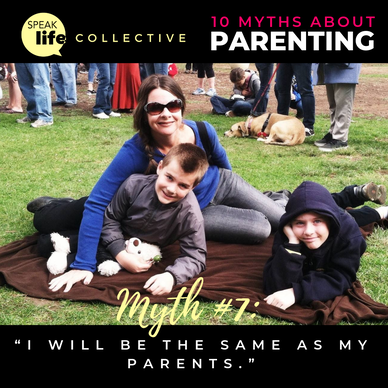 Even where freedom may be limited, one is always free to choose the kind of parent they want to be. Choose to be a good one! Thankfully my mother was a woman who made every sacrifice she could to take care of my sister and me. On the other hand my dad was absent, only around at his own convenience, and in the end a narcissist willing to throw aside his children in exchange for his own impulses. Sadly most people do approach parenthood with what they may have caught from their own parents in a kind of 'throw out the bad - keep the good - make up the rest' attitude. We do not have to be in bondage to this way of thinking nor are we destined to perpetuate the mistakes of our own parents. Break the mold! It's been said that “we are not a product of our circumstances; we are a product of our decisions” (Stephen Covey) and “it doesn't matter what happens to you; it matters what you do with what happens to you.” (Regina Brett) We have so much say in the kind of people we want to be, and in the kind of parents we want to be. In a pro-choice world, one of the choices we ought to be making is to discover and live according to truth and love and joy and life, and to be the kind of parent who imparts these virtues to our children. Parenthood is saturated with possibilities. More than in almost any other realm, parenting allows us to be wholly intentional and purposeful. Reject the negatives of your own upbringing, and embrace the freedom to be the kind of life-giving parent you can be!
When I got married at 19, I was blessed to carry very little baggage with me into our new life. But, if I was going to receive the gift of fatherhood in this new life, there was a piece of baggage I would need to leave behind. Embarrassingly, as hard as this is to admit, knowing that I couldn’t choose the gender of my child kept me from choosing to have children for a couple years. I carried around this lie with me- “I am not capable of raising a girl.” Why did I have this ridiculous baggage, and where did I pick it up? Did I believe that girls were not worthy or less valuable as many cultures believe today? Did I believe that my daughter would be too fragile for me to handle? Did I believe that I wouldn’t be able to relate to her as a man? What was the driving force behind my fear? The precious nature of a daughter. I already had a deep love for my hypothetical daughter, and that terrified me. I didn’t want to see her get hurt, fail, or break my heart. I knew that she would leave me defenseless because she would hold the keys to my heart. My biggest fear wasn’t that she would be too fragile to handle me. My biggest fear was that my deep love for her would make me too fragile for her. My biggest fear was grounded in selfishness. Like I said, embarrassing. Did this fear ever go away before we chose to have kids? It didn’t, but I chose to trust God, knowing that if He would bring a little girl into my life, He knew better than me. Ever since the day that the doctor told us, “You’re having a girl,” my heart has belonged to my precious baby girl. Am I more vulnerable because she is in my life? Yes, but what I have learned in the past 10 years as a dad to both a girl and a boy, is that the gender of your child does not make you immune to heartbreak. When you open your heart, home, and life to children you are vulnerable. As one friend told me, “If your heart doesn’t break as a parent, then you are doing it wrong.” Children make you vulnerable because they are valuable. Your deep love for them makes you an easy target. Children bring heartache, but they also bring great joy. Children are unexpected gifts in unexpected ways! Today people in the world are obsessed with gender. Should certain genders be allowed to live? Can I choose my gender? Can we use human gene editing to create customized offspring? Which gender is stronger? Does gender mean anything? Why is one gender marginalized? We are not going to answer these questions today but before we go any further, can we please make the choice to celebrate the unique beauty of each gender. I believe we should be champions of celebrating the Creator’s diversity in His Creation. I am so embarrassed by the fear and misconceptions I had about raising a daughter. I could spend all day explaining to you all the ways she has changed my life for the better. Her femininity has breathed fresh air into our home. From the day she was born, she has been a comforter. She feels deeply about everything and for everyone. She loves to express herself through color, dance, song, hugs, kisses, dresses, and art to name a few. She has brought so much joy to our life! My creative daughter is one of the greatest gifts I have ever received from my infinitely Creative Father! I am so thankful that I didn’t get to choose much about my children. It still amazes me that we got to name them! If the doctor would have handed me a quiz with two columns to customize my children: mom or dad, they would have had mom’s eyes, nose, ears, hair, personality….actually, they would have been carbon copies of her. But if I had had the choice to choose who they were going to be, then they wouldn’t be who they are today. That would have been a tragedy because I really love who my kids are! My kids are such unique individuals who hold an unbelievably special spot in their my heart. I am so humbled to be their dad! I did not get to choose my kids, but I am eternally grateful that I was chosen to be their dad. Thank you Jesus for your abundant grace in my fears! Reader, you can’t know what your future holds, but you can know the one who holds your future. Trust that He knows better than you do! 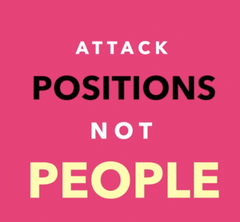
Did you get a chance to watch the democratic debates last week? Before we wade in the waters of political theater, we want to remind you that at the Speak Life Collective, our primary objectives are to protect life, share love, and know the truth with courage. In fact, we were reluctant to write this article, knowing it could possibly cause division or brand us with a partisan position, but when life is on the line speaking truth in love is necessary.
We understand, when someone brings an objection to our political party, candidate, worldview, or personal hero, we can be quick to close our eyes and cover our ears. At those times, we might prefer ignorance over embarrassment or conflict. But we think it is important to slow down and be willing to ask these questions: Is it true, and does the person sharing this truth love me? While we at Speak Life have no political affiliation, we are against the position of Pro-abortion, and unfortunately, the Democratic Party has proven to be the unapologetic champions of abortion. The DNC official party platform states, “We believe unequivocally, like the majority of Americans, that every woman should have access to quality reproductive health care services, including safe and legal abortion—regardless of where she lives, how much money she makes, or how she is insured...We will continue to oppose—and seek to overturn—federal and state laws and policies that impede a woman’s access to abortion, including by repealing the Hyde Amendment.” 1 In light of the Democratic Party’s position on abortion, we want to consider these four questions: What is the role of government?, Is the Democratic Party our enemy?, What is the Democratic Party’s position?, and lastly, What should be our response? LIFE: What is the role of government? In the book of Romans. Paul reminds us not to take justice into our own hands because God is the one who will avenge the wrong done to us. (Romans 12:19) But Paul also says there is another authority that God has given- A sword to execute justice, human government. Paul writes, “Let every soul be subject to the governing authorities. For there is no authority except from God, and the authorities that exist are appointed by God. For he is God’s minister to you for good. But if you do evil, be afraid; for he does not bear the sword in vain; for he is God’s minister, an avenger to execute wrath on him who practices evil.” (Romans 13:1,4)* *see Pastor Steve Mellor's Message on Romans 13 What is the role of government according to the Word of God? To punish evil and to protect the lives of the innocent. According to the Word of God, God has given His authority to human government to bear the sword which protects and avenges the innocent. Government’s role is to affirm God given rights, not to grant them, especially the right to life. Scott Klusendorf writes, “For example, you have a natural right not to be harmed without justification as well as a natural right not to be convicted of a crime without a fair trial. Government does not grant these basic rights. Rather, government’s role is to protect them.” 2 Have you ever considered the difference between murder and killing? Killing is to cause the death of a person, animal or living thing. What is murder? It is intentional killing of a human without proper justification. As Scott Klusendorf has said, “Our view is that it’s always wrong to take human life without proper justification, and we believe that elective abortion does just that.” 2 Can you think of adequate justification for killing an innocent human life in the womb? (See our response to “Justified Abortion” here.) The logic of the Pro-life position can be expressed in a simple syllogism:
As Greg Koukl states, “Let me put the issue plainly. If the unborn is not a human being, no justification for abortion is necessary. However, if the unborn is a human being, no justification for abortion is adequate.” 4 Supporting abortion is to support the murder of precious unborn persons. If you disagree with this statement, we would encourage you to take the time to investigate the grim realities of abortion and explore our responses to common objections. When we vote for candidates that support abortion, we are allowing genocide to continue unchecked. For decades, voters have been able to claim ignorance because of the political word-play (choice) and the lack of scientific knowledge. Consider what we have learned about the fetus from sonograms:
As William Wilburforce said in his famous Abolition Speech, “You may choose to look the other way but you can never say again that you did not know.” We understand the temptation to want to protect our heroes. When a pastor that we follow has fallen, or our candidate that we voted for has been caught cheating, we want to believe that it’s not true. We desire these unfortunate truths to be false so badly. We so long for perfect community, that we are willing to overlook our communities’ faults. When we plead ignorance while our community is wrong, we are not just complacent, we are complicit. Because, belief should be based on truth, not preference. Do you believe that innocent life should be protected? Does your vote reflect that? LOVE: Is the Democratic Party our enemy? Doesn’t it feel good when a political rival has been caught for some personal failing? There is a temptation to exploit personalities and personal failings, and make things personal. It’s a simple task to point out a person’s failings instead of doing the hard work to expose errant positions. We laugh at the political cartoon and ridiculous politician’s blunders, but the Bible is very clear, we are not to attack people; we are to attack positions. 2 Corinthians 10:5 says, “ We use God’s mighty weapons, not worldly weapons, to knock down the strongholds of human reasoning and to destroy false arguments.” When we engage in the political process, we should engage with truth. We should come against false arguments that hold people prisoner to evil thinking. As we talked about in our video, They Are Not Your Enemy, “Those faces of the culture of death are not soldiers but slaves to the enemy. They have bought into his trap and are held hostage by the devil’s lies.” (see 2 Timothy 2:24-26) We should be careful not to kill the captive while attempting to liberate them from the strongholds of false arguments. Is the Democratic Party our enemy? No, they are our fellow Americans who have bought into a lie. It is our job to love them so abundantly that they are willing to hear the truth. We must lovingly come alongside them and shine the light of truth on their path. And even if you consider them your enemy, what does the Bible say about loving our enemies? (see Matthew 5:44) Truth: What is the Democratic Party’s position? We demolish strongholds, not the straw man, knowing the truth will always be more convincing than attacking people based on personality. We have briefly looked at the Democratic Party Platform on “reproductive rights.” But let’s take a moment to look at the top Democratic Candidates’ positions on Abortion. These are direct quotes from their campaign websites or their own words from debates.
Vice President Joe Biden
Senator Bernie Sanders
Senator Elizabeth Warren
Senator Kamala Harris
Mayor Pete Buttigieg
Senator Cory Booker
Representative Beto O'Rourke
*The Hyde Admendment is a legislative provision barring the use of federal funds to pay for abortion except to save the life of the woman, or if the pregnancy arises from incest or rape. The Hyde Amendment is not actually a law; it’s a rider added to an appropriations bill (a bill proposing where certain federal funds will go for the year) for the department of Health and Human Services. It was first introduced by Illinois Representative Henry Hyde in 1976, just 3 years after the Roe v. Wade Supreme Court decision, and it has been renewed every year since. (Learn more at: Majority of Americans support Hyde Amendment)
COURAGE: What should be our response? Do not make the attack personal, attack the position with your personal story. People can deny your “opinion,” but they can’t deny your personal story. The more people who share their abortion experiences, journeys as single parents, battles through pregnancy, and more, the more people will not be able to deny the truth. Yes, it is scary to speak up. But when you weigh your fear against the millions of lives lost to abortion, the cost is too great to say nothing. When William Wilberforce gave his address to the House of Commons, he publicly declared his fears, but those fears were relieved by the reality of his cause. He wrote: When I consider the magnitude of the subject which I am to bring before the House—a subject, in which the interests, not of this country, nor of Europe alone, but of the whole world, and of posterity, are involved: and when I think, at the same time, on the weakness of the advocate who has undertaken this great cause—when these reflections press upon my mind, it is impossible for me not to feel both terrified and concerned at my own inadequacy to such a task. But when I reflect, however, on the encouragement which I have had, through the whole course of a long and laborious examination of this question, and how much candour I have experienced, and how conviction has increased within my own mind, in proportion as I have advanced in my labours;—when I reflect, especially, that however averse any gentleman may now be, yet we shall all be of one opinion in the end;—when I turn myself to these thoughts, I take courage—I determine to forget all my other fears, and I march forward with a firmer step in the full assurance that my cause will bear me out, and that I shall be able to justify upon the clearest principles, every resolution in my hand, the avowed end of which is, the total abolition of the slave trade. 5 If we want to be on the right side of history, we need to hold our fellow Americans accountable for their vote. We need to educate them on the unseen genocide that occurs daily in our country. But if we want to reach their hearts, we need to love them more now than ever. May they never be able to say, “No one told me,” or, “They didn’t love me.” As the world gets darker, may we shine ever brighter.
1https://democrats.org/where-we-stand/party-platform/ensure-the-health-and-safety-of-all-americans/
2 Klusendorf, Scott. The Case for Life (p. 29). Crossway. Kindle Edition. 3, 4 https://www.str.org/articles/only-one-question#.XUNpbFClDOQ 5 From ‘Debate on Mr. Wilberforce’s Resolutions respecting the Slave Trade’ in William Cobbett, The Parliamentary History of England. From the Norman Conquest in 1066 to the year 1803, 36 vols (London: T. Curson Hansard, 1806-1820), 28 (1789-91), cols 42-68. http://www.brycchancarey.com/abolition/wilberforce2.htm 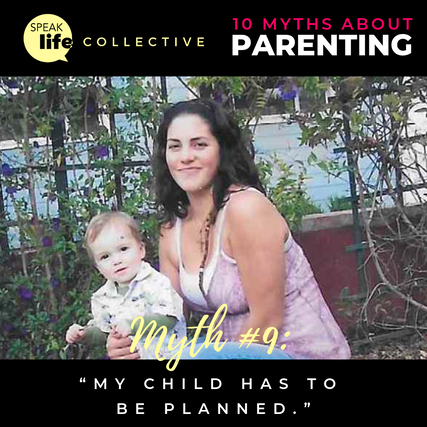 MYTH #9: My Child Must be Planned. My first child was not planned. At the time of his conception, I was twenty-three-years-old, unmarried and living with his biological father (Something my mother had advised against). We got married because of the pregnancy, which only thickened the tension lying heavy in our home, fraught with domestic violence. My then husband was addicted to crystal methamphetamine and I was the brunt of his drug-induced mood swings. I tolerated his abuse throughout the pregnancy, hoping it would improve, but my fearful doubts left me feeling hopeless and alone. Many times I cried to myself, wondering how I ended up in this impossible trap? How could I escape when I didn’t have a steady job to support us, I would lose my health insurance if I left, and the car I drove was in my husband’s name? Nonetheless, the magical seed of life within me was steadily sprouting and it was my responsibility to provide him a healthy place to bloom. While some might have seen the baby as the bane of the trap, bonding me to this miserable marriage, I saw him as the reason to strive for something better. My obligation to protect him invoked my strength in the shadow, and every move he made in my womb flickered of hope and light—motivating me to free us from the cage my poor choices landed us in. My son was two months old when I finally made my great escape. The path that led us away from that dark and dangerous home was rough and uncertain, but I trod it boldly with my baby in my arms—hardly taking the time to consider the pain I suffered along the way. My son needed shelter, so I built it—no matter how weary I was. He needed food, so I provided it—no matter how I starved. He needed love, so I gave it—no matter my own heartbreak. I gave my all so he would never know the pain I deflected for him. Two years later, I married my best friend. He adopted my son, (Dating advice: never underestimate the friend zone), and we later planned a pregnancy that added a baby girl to our wonderfully loving family. Now that I have done it both ways, I can surely attest that planning a family is a healthier choice for everyone involved, however, it does not differentiate the value of each child’s life. My son was not made from solid love, was not born into a stable home, did not fit into my plans, created financial unrest, and was thrown into my arms at the most emotionally unstable time of my life. Nothing about his beginning was perfect, but he is perfect to me. My first pregnancy was unplanned, but the light that boys shines on this world is stunning proof that good people can be born from bad relationships. My ability to overcome adversity proves that strength can be harnessed in fearful circumstances, and courage can conquer unlikely odds. No matter how strategic your planning, unexpected winds are bound to blow; it is not so much about the difficulties you face, but how you face them. And the best things in life are worth fighting for, life being the most valuable treasure of all—planned or not. Life is always worth it. |
Details
Author
We are collective of every day people that want to Speak Up for the Life of the Unborn. We hope that as we find our voice, you find your own. Archives
January 2021
Categories |
LEARN
|
RESOURCE
|
|

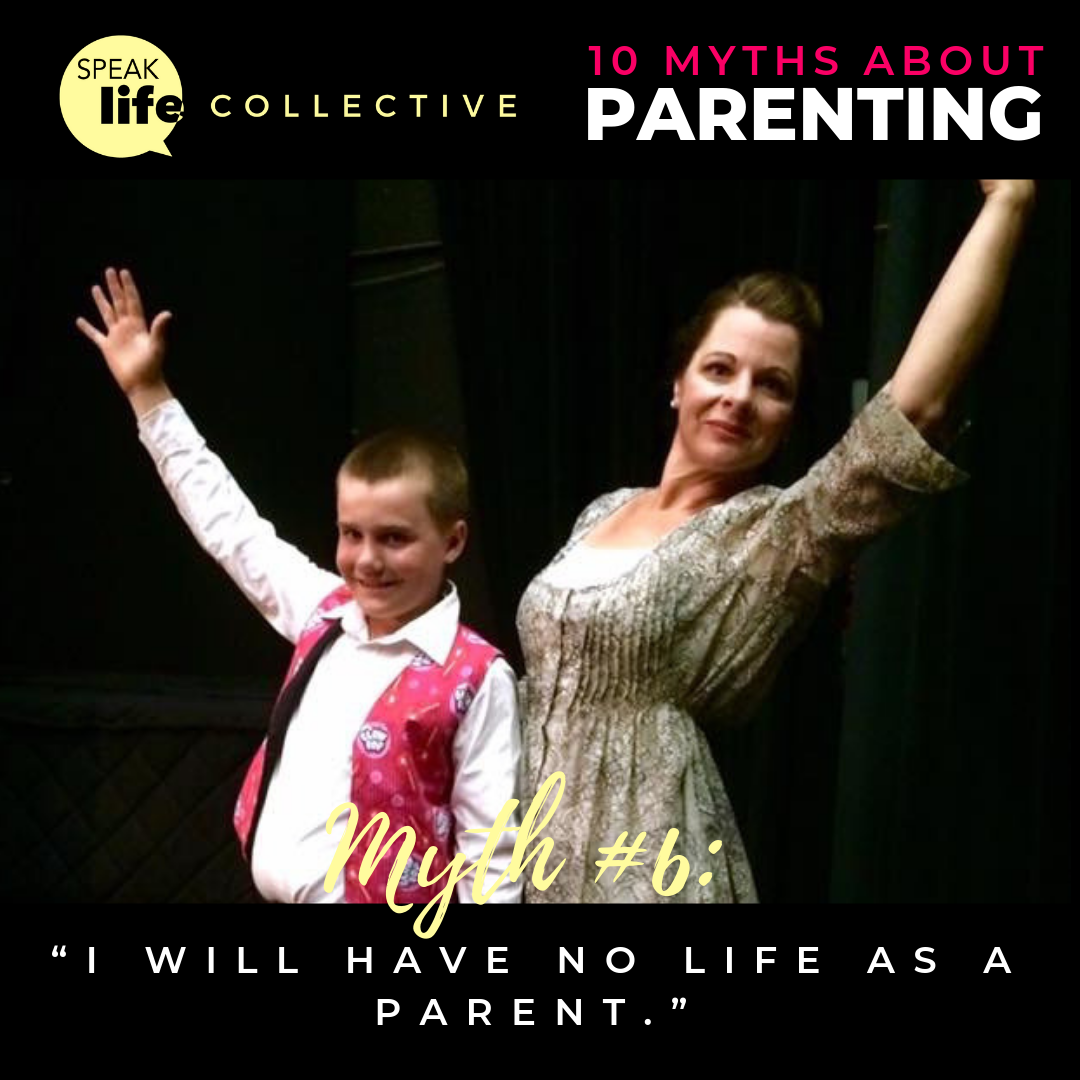
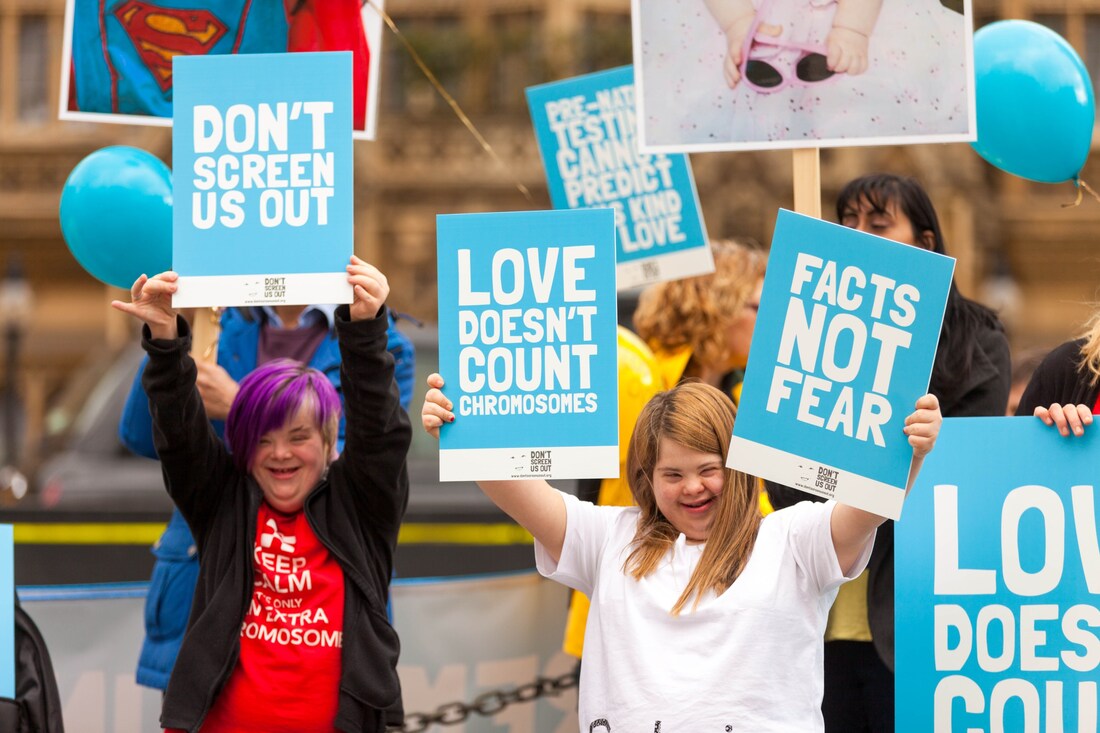

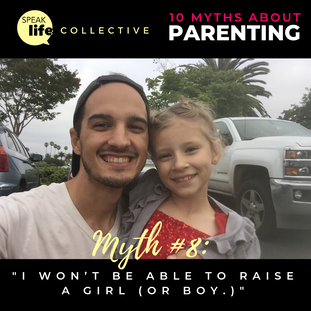

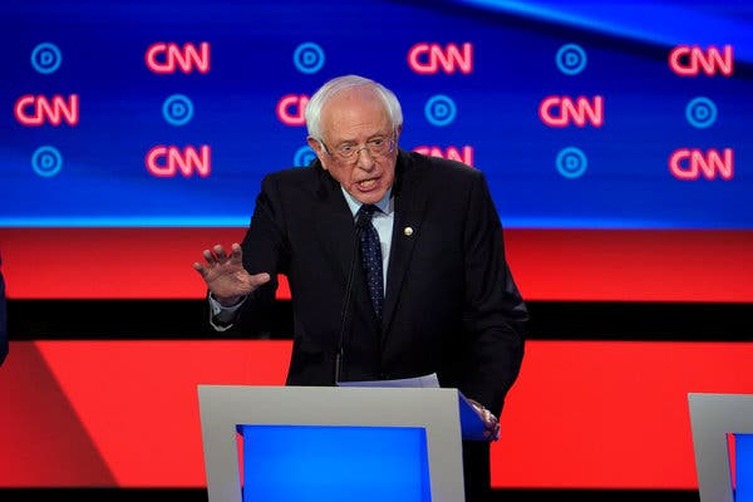
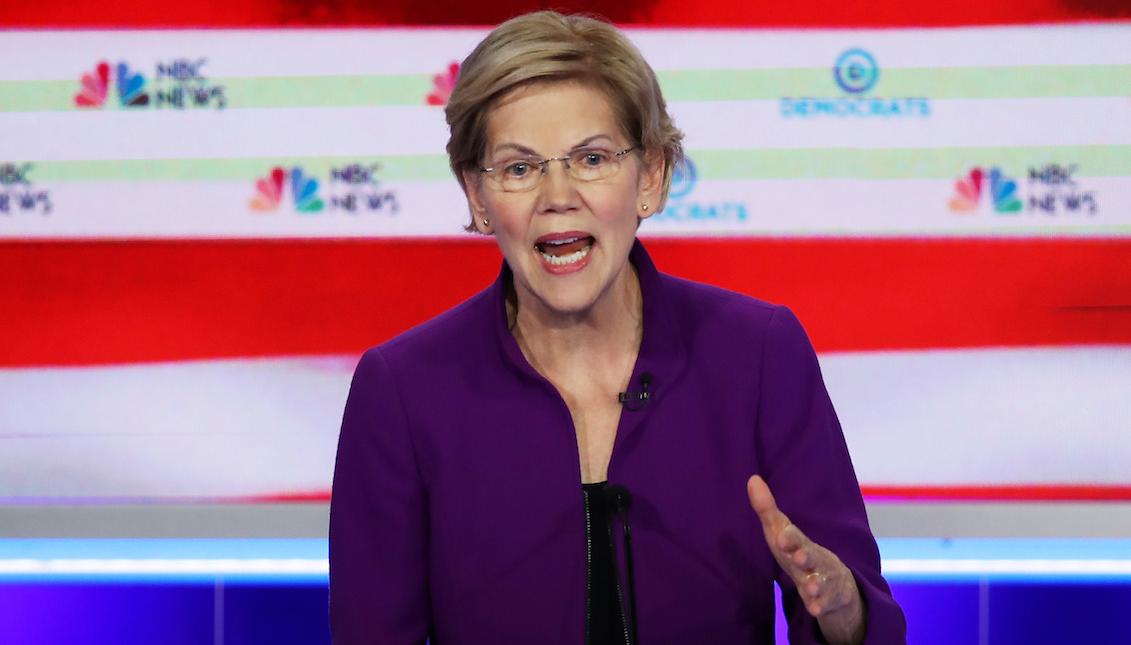
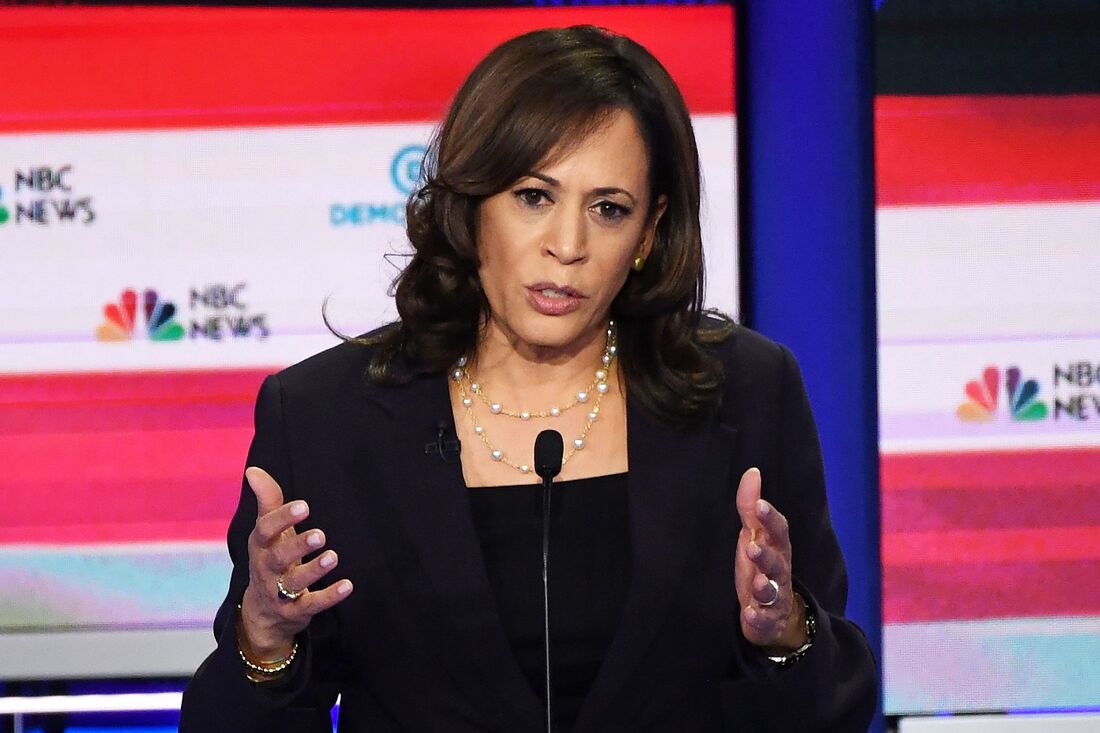
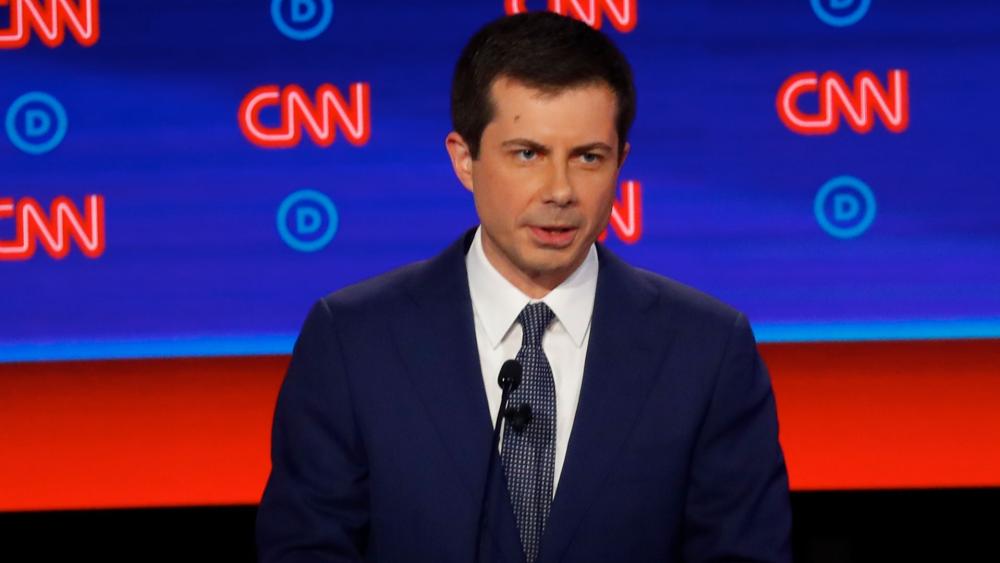
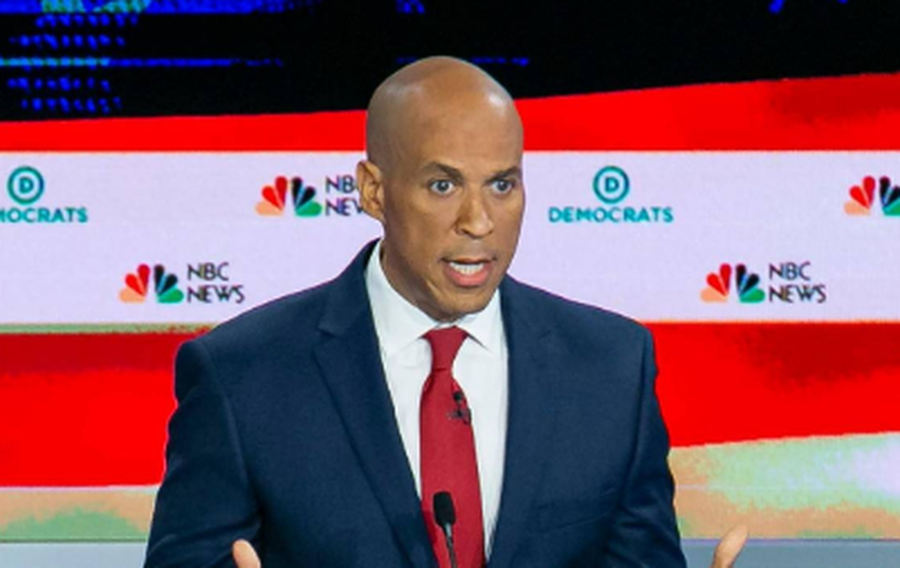

 RSS Feed
RSS Feed